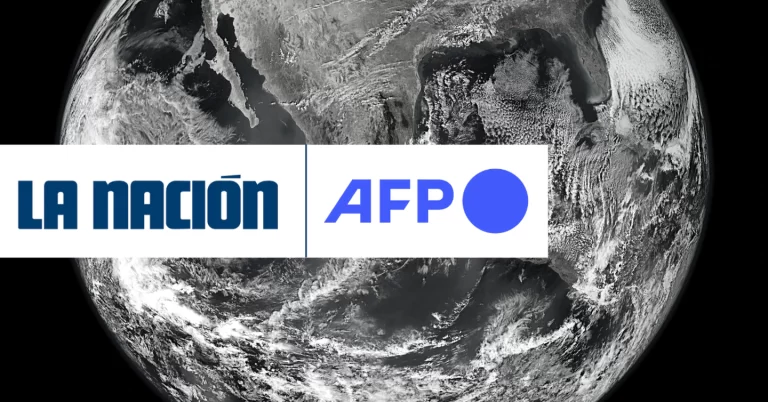
The Spanish Popular Party (PP) will entrust the leadership to an experienced and moderate politician on Saturday to end a brief but bloody internal war, and return the party to the center to confront the leftist government and the extreme right.
Alberto Núñez Feijóo, 60, president of Galicia (northwest), is the only candidate in the extraordinary congress that will take place in Seville (south) on Friday and Saturday, a sign of the will to park differences.
The calling cards of this politician without fanfare are four consecutive victories by an absolute majority in his region and having prevented the far-right Vox party from rearing its head in his fiefdom, while it was growing everywhere.
He also avoided the scandal of the appearance of some photos in 2013 that revealed his friendship with the Galician drug trafficker Marcial Dorado, of which he defended himself by stating that he did not know what he was doing.
“We aspire to be the reference for all Spaniards who have ever trusted us and those who have never done so,” Feijóo wrote on Twitter before the congress.
His seniority appears as an advantage, if one takes into account that the crisis was caused by the confrontation between two young stars of the PP: Pablo Casado, the 41-year-old outgoing head of the PP, and Isabel Díaz Ayuso, the regional president of Madrid, two years older than him.
Casado publicly accused his co-religionist of having allowed his brother to profit from public contracts for the purchase of masks during the coronavirus pandemic.
Doubts about his leadership and the animosity aroused by the methods of his right-hand man, Teodoro García Egea, caused him to be abandoned even in his closest environment, and he ended up losing the duel raised against a subordinate.
“The time has come to start a new stage,” explained Esteban González Pons, a PP MEP, called urgently to Spain to organize this congress.
The choice of Seville is a symbolic coincidence, because it was there that, in 1990, Manuel Fraga Iribarne, a former Francoist minister, handed over the leadership of the party he had founded after the dictatorship to the young José María Aznar.
Then, the PP governed Spain between 1996-2004 with Aznar and between 2011-2018 with Mariano Rajoy.
Both will intervene in the extraordinary congress, which will invest Feijóo on Saturday before giving him the floor in his first speech as president.
The time until the elections -predictably at the end of 2023- will be exhausting for the left-wing coalition government presided over by the socialist Pedro Sánchez, due to the lack of food, fuel and electricity, and global uncertainty due to the war in Ukraine.
The national panorama “can get complicated”, explained Ana Sofía Cardenal, professor of political science at the UOC (Open University of Catalonia).
“Inflation and price increases can even more directly affect the pockets of citizens, while wages are stagnant,” Cardenal recalled.
In this context, Feijóo, “who is in a more central position, could scratch votes in the center, center-left,” the analyst said.
The right flank has become a headache for the PP, which has seen how Vox went, in eight years of life, to have 52 deputies, while they fell from 186 to the current 88 (out of a total of 350) .
The rise of a Eurosceptic and ultra-nationalist far-right party came late to Spain, but Vox “unlike the French National Front, the Italian Lega, or Alternative for Germany, is a split from the PP,” lamented a high-ranking party source on condition of anonymity. , alluding to the former militancy in the PP of the founders of the far-right formation.
“One does not lose hope of recovering a part that has left,” added this source, who advocated avoiding imitations.
“I think that in recent times, our speech was in the semantic framework of Vox,” he lamented.
Now it is about “attracting the centrist bases that brought Aznar and Rajoy to power,” Ernesto Pascual, a doctor in political science from the Autonomous University of Barcelona (UAB), told AFP.
Feijóo must “attempt a speech that explains that going towards extremism is not going to allow government majorities,” Pascual said.
All this despite the fact that the PP could need, according to recent polls, the support of Vox to manage to govern at the national level and that it has just accepted, with the approval of Feijóo, that the far-right formation enters a regional government for the first time, in Castile and León.
al/mg/an